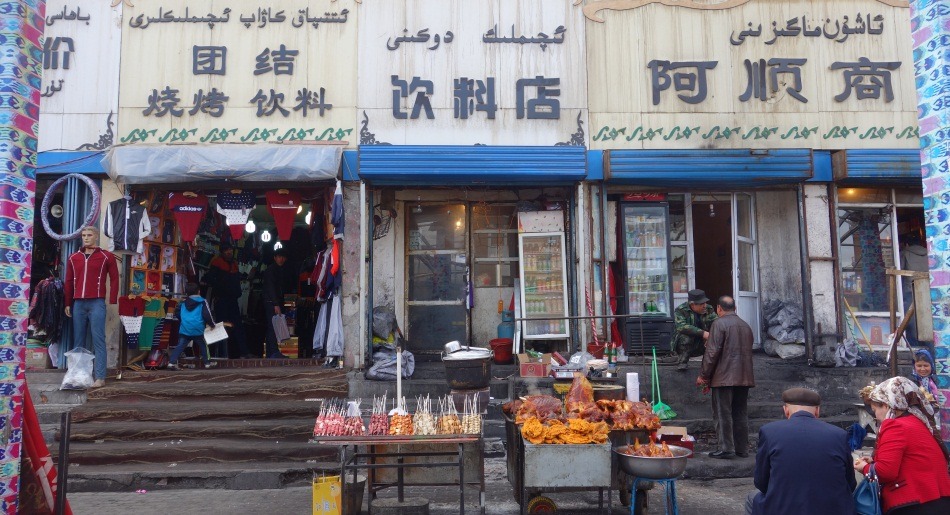Declared imports have nosedived, but Beijing seems unwilling to shut off completely deliveries from its strategic partner.
By Yigal Chazan, 21st May 2020, published by The Diplomat.
Despite vocal criticism of U.S. President Donald Trump’s “maximum pressure” sanctions policy against Iran, Beijing appears to be falling into line, cutting most of its declared oil imports from the Islamic Republic – though alleged clandestine deliveries are said to be helping to keep supplies flowing.
China is Iran’s largest oil customer and an important strategic partner. That is why U.S. efforts to choke off Iranian shipments to Chinese customers is key to its attempt to ratchet up economic pressure on the regime in Tehran.
Trump is attempting to force the Iranian leadership to renegotiate the Iran nuclear deal, which had offered sanctions relief in return for curbing the country’s nuclear program. The U.S. exited the Joint Comprehensive Plan of Action (JCPOA) in 2018 and re-imposed sanctions because it felt the agreement did not address Iran’s ballistic missile development nor its support for militant groups across the Middle East.
Washington’s renewed Iranian sanctions, which penalize non-U.S. persons or entities that have any exposure in America or engage in dollar-denominated transactions, have been criticized by many international actors, including Iranian economic partners, such as the European Union and China.
But the EU’s efforts to continue commercial contacts with Iran are failing and new data indicates that Beijing is facing the same problem. An analysis by Argus of China’s customs data shows that its declared oil imports from Iran in March were 88.9 percent down on a year earlier. And, in the last month, a marked reduction in overall Iranian crude exports, the lifeblood of the economy, has been linked to diminishing Chinese purchases.
And although a coronavirus-related downturn in demand is likely to have been a factor in the fall in China’s oil purchases, the threat of U.S. sanctions appears to be a principal cause, as Beijing has looked elsewhere for supplies. A Reuters analysis shows that Beijing’s March crude imports actually rose marginally year-on-year, as refiners stocked up on cheaper cargoes.
After the U.S. reimposed sanctions, a move Beijing condemned as “long-armed jurisdiction,” Washington granted long-time purchasers of Iran’s oil sanctions waivers to allow them to find alternative supplies. Those waivers ended in May last year, but China continued to import product from Iran, albeit in significantly smaller volumes, with both Beijing and Tehran suspected to be employing covert tactics to evade sanctions.
Chinese tankers are reported to have turned off their transponders, automatic identification systems, prompting warnings from U.S. officials. And reports surfaced not long after the sanctions waivers terminated that Iranian tankers were supplying China, sometimes also switching off their transponders. They are believed to engage in the practice while allegedly conducting ship-to-ship (STS) transfers to China-bound vessels off the Malaysian coast. Bloomberg research revealed that STS deliveries had risen sharply in September, three times more than the previous month. Although the provenance of the oil was said to be unclear, the agency quoted an analyst suggesting it could be Iran or Venezuela.
The scale of Beijing’s alleged clandestine supplies has yet to be determined, but given the reported marked increase in volume of disguised cargoes last year it might be receiving more than its declared imports. The U.S. has sought to deter China’s suspected sanctions evasion by targeting non-compliant companies and their officials. There have been a flurry of penalties since the American waivers ended. In September, two oil tanker subsidiaries of COSCO, a major Chinese shipping and logistics company, were blacklisted, and the action reportedly sent world freight costs to record highs and disrupted the global shipping market.
The sanctioning of the shippers threatened to complicate U.S.-China trade negotiations. A “Phase One” deal was eventually achieved in January, and on the eve of the agreement it was reported that US officials were working behind the scenes with independent Chinese refiners to prevent purchases of Iranian crude. Just days after the breakthrough in the trade talks, Washington lifted sanctions against one of the COSCO subsidiaries.
The aim of the move appears to have been twofold: easing the impact of the original black-listings; and retaining leverage over China’s oil trade with Iran. A senior Chinese official reportedly complained about the sanctioning of the COSCO units in the trade talks which, coupled with the steep drop in official Chinese imports of Iranian crude, suggests American penalties have real deterrence value, even if some degree of sanctions evasion continues.
Neither the U.S. nor China will want the sanctions issue to undermine their trade deal which is already under strain, but Beijing will be loath to reduce further oil imports from Iran given their strategic partnership, which envisages substantial Chinese investment in the Iranian oil and gas and petrochemicals sectors in the coming years. The Chinese leadership clearly faces a dilemma over its relations with Tehran, which it may find hard to resolve.
Yigal Chazan is head of content at Alaco, a London-based business intelligence consultancy.


